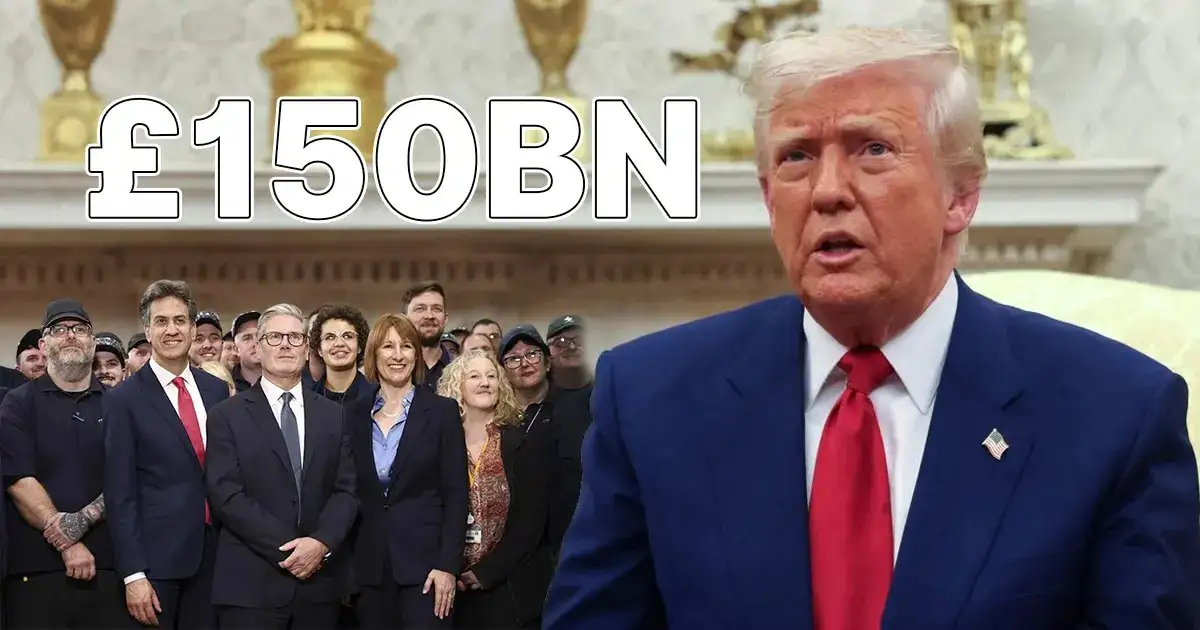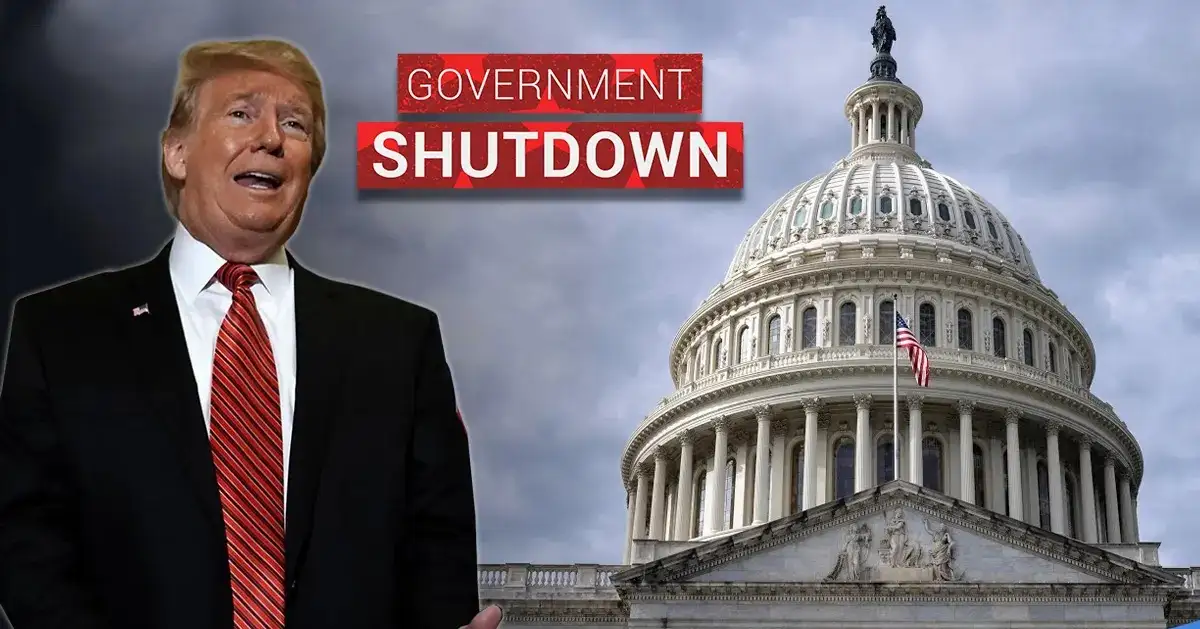US firms pledge £150bn investment in UK, as Starmer hosts Trump
In a striking show of economic diplomacy, the UK government has secured a £150 billion investment pledge from major US firms, coinciding with President Donald Trump’s state visit and a high-profile summit hosted by Prime Minister Keir Starmer at Chequers. The announcement marks one of the largest foreign investment commitments in UK history, and it arrives at a moment of both opportunity and vulnerability for Britain’s economy.
A Breakdown of the Billions
The bulk of the £150bn pledge comes from a handful of US giants:
- Blackstone leads the pack with a £90bn commitment over the next decade, focused on infrastructure and data centers. This builds on its earlier £10bn pledge for UK data center development.
- Microsoft will invest £22bn over four years to expand cloud and AI capabilities.
- Google is putting in £5bn to grow its Hertfordshire data center.
- Palantir plans up to £1.5bn in UK defense innovation, creating around 350 jobs.
- Amentum, a US engineering firm, will expand its UK workforce by more than 50%, adding over 3,000 jobs.
- Boeing will convert two 737 aircraft in Birmingham for the US Air Force—the first USAF aircraft built in the UK in over 50 years.
- STAX Engineering has committed £38m to expand its UK operations.
- Prologis, a real estate investment trust, will invest £3.9bn into life sciences and advanced manufacturing.
The UK government estimates these investments will create more than 7,600 high-quality jobs across the country.
Starmer’s Strategic Optics
Prime Minister Starmer used the summit to project confidence and global relevance. His statement was clear:
“This week’s investment from US companies is a bold vote of confidence in Britain. It shows that our country is open for business and ready to lead the world in the industries of the future.”
The timing is deliberate. Just days earlier, the UK’s life sciences sector suffered two major blows. Collectively, they threatened over 1000 jobs while underscoring the UK’s competitiveness in high-growth sectors. These moves include:
- Merck withdrew a planned £1bn investment, citing the government’s undervaluation of innovative medicines.
- AstraZeneca redirected funds to the US while pausing £200m Cambridge expansion.
What Was Trump’s Role, Symbolic Or Substantive?
President Trump’s presence at Chequers turns all political drama on its head.
Trump’s involvement signals the summit was more than bipartisan and business-focused. It was a clear signal of a deeper strategic alignment.
His administration has pushed for stronger US–UK ties in technology, defense, and manufacturing. The investment pledges, especially from firms like Palantir, Boeing, and Amentum, reflect that agenda.
Although companies, not governments, brokered deals, Trump’s role remains largely symbolic. His presence amplifies the message, but the substance lies in corporate strategy and UK policy incentives.
What’s Not Being Said?
While the headline figure is impressive, several critical questions remain:
- Where exactly will the money go? Most pledges are long-term and lack detailed breakdowns. Blackstone’s £90bn, for instance, spans a decade and includes pan-European spending.
- How many jobs will be created and when? The 7,600 figure is an estimate, not a guarantee. It’s unclear how quickly these roles will materialize or whether they’ll offset recent payroll declines (127,000 fewer employees in the year to August).
- What’s the government offering in return? Tax incentives, regulatory flexibility, and land access are likely part of the package, but none have been disclosed publicly.
- Is this a rebound or a distraction? With life sciences investments fleeing and economic growth slowing, the government may be using this announcement to shift the narrative.
This £150bn pledge is more than a financial headline; it’s a calculated bet on Britain’s future.
- For Starmer, it’s a chance to show leadership, attract global capital, and counter fears of economic stagnation.
- For Trump, it’s a moment to reinforce US influence abroad.
- For the firms involved, it’s a strategic expansion into a market that still holds promise, if the conditions are right.
But the real test will be in execution. Will these pledges turn into tangible growth, or will they remain aspirational figures on a press release?




